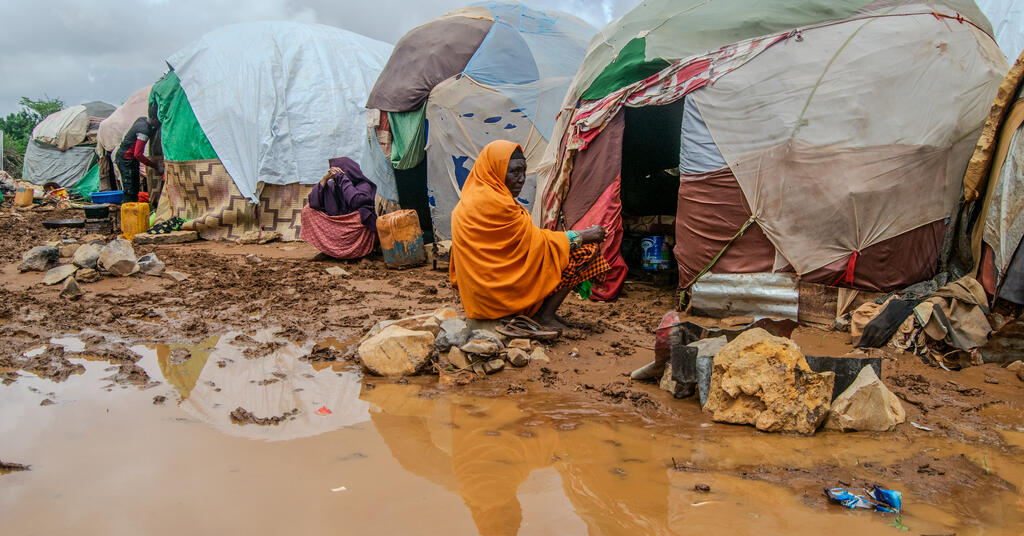A new research has shown that women in rural areas suffer substantially greater economic losses from the impacts of climate breakdown than men in developing countries and that the gap is likely to widen further.
Data released by the UN’s Food and Agriculture Organization (FAO) on Tuesday showed that households headed by women in rural areas lost about 8% more of their income to heat stress than male-headed households, and their reduction in income when floods struck was about 3% greater than the loss to men.
The difference, taken across the world’s low- and middle-income countries, adds up to about an extra $37bn lost to women from heat stress and $16bn extra from floods each year, according to findings of the research.
The researchers estimate a 1C increase in long-term average temperatures is associated with a reduction of about a third in the incomes of female-headed households, compared with those of male-headed households.
Children and women also tend to have to work more when extreme high temperatures strike, with children working nearly an hour extra a week in rural areas on average, according to the report.
Read also: Tesla accuses Australian car lobby group of making ‘false claims’
Lauren Phillips, the deputy director of inclusive rural transformation and gender equality at the FAO and a co-author of the report, said governments were failing to take into account the factors that disadvantage women, and climate aid was not targeted in ways that would address the gender gap. She said the report was the first to quantify this clearly.
“This gender gap can have a very dramatic impact on GDP growth,” she told the Guardian. “We could increase GDP by 1% globally if we could reduce food insecurity for 45 million people, by focusing on women.”
Less than 2% of climate finance globally is estimated to reach small-scale food producers, according to the research.
Women are hit harder than men by the climate crisis in part because the impacts exacerbate existing inequalities, such as unequal rights to land tenure and a lack of economic opportunities for women. Women also tend to bear more of the burden of providing water, fuel and food. Governments and donors could address these problems with better targeting of assistance, Phillips said.
Story was adapted from the Guardian.
